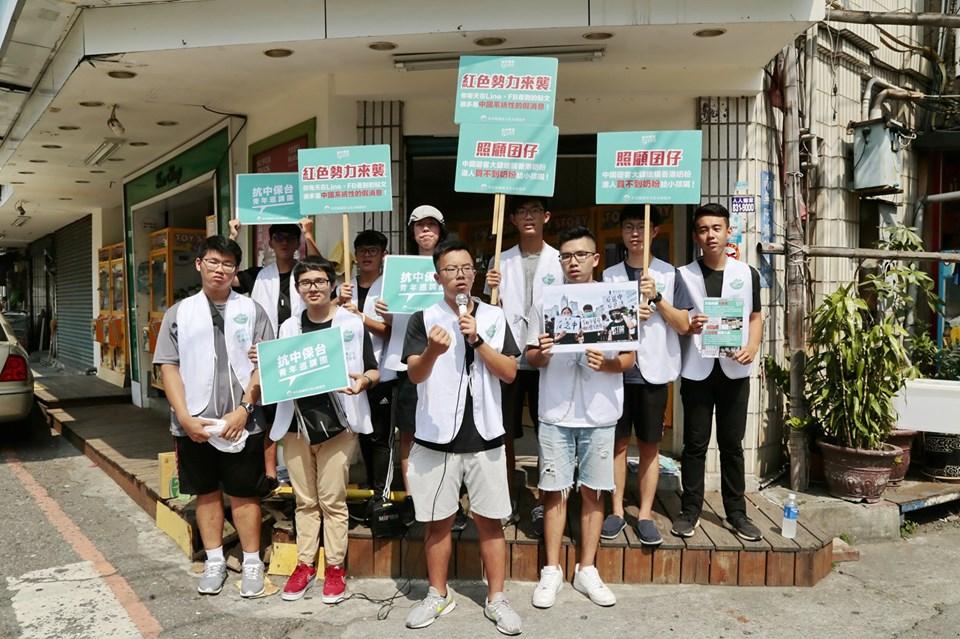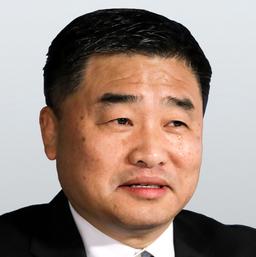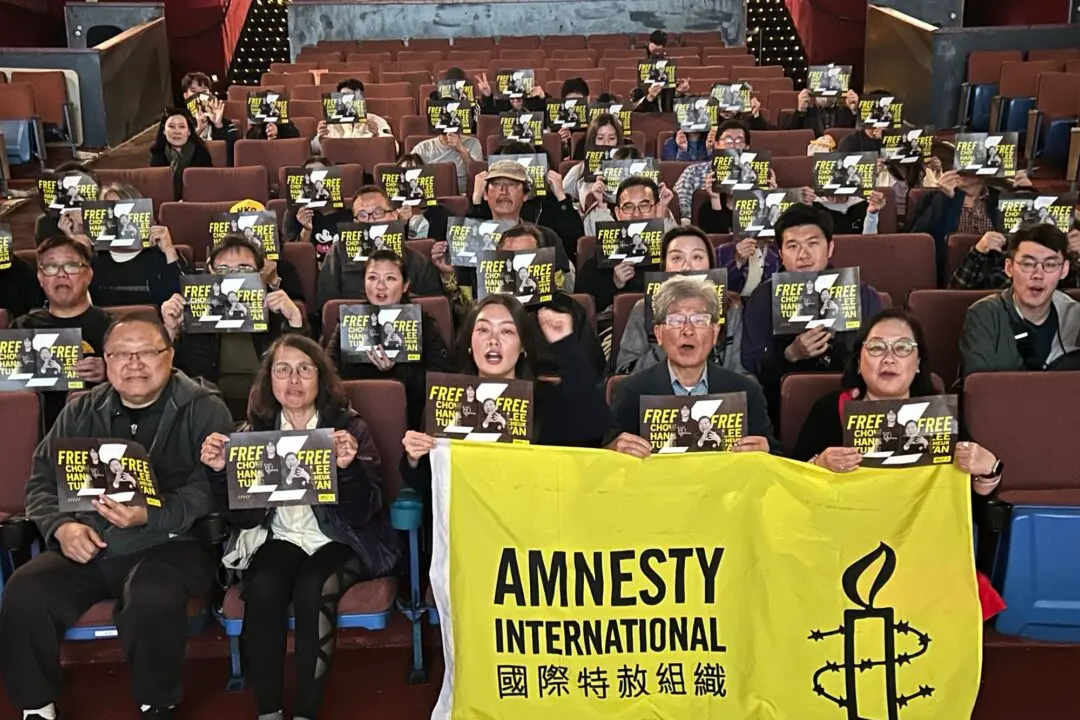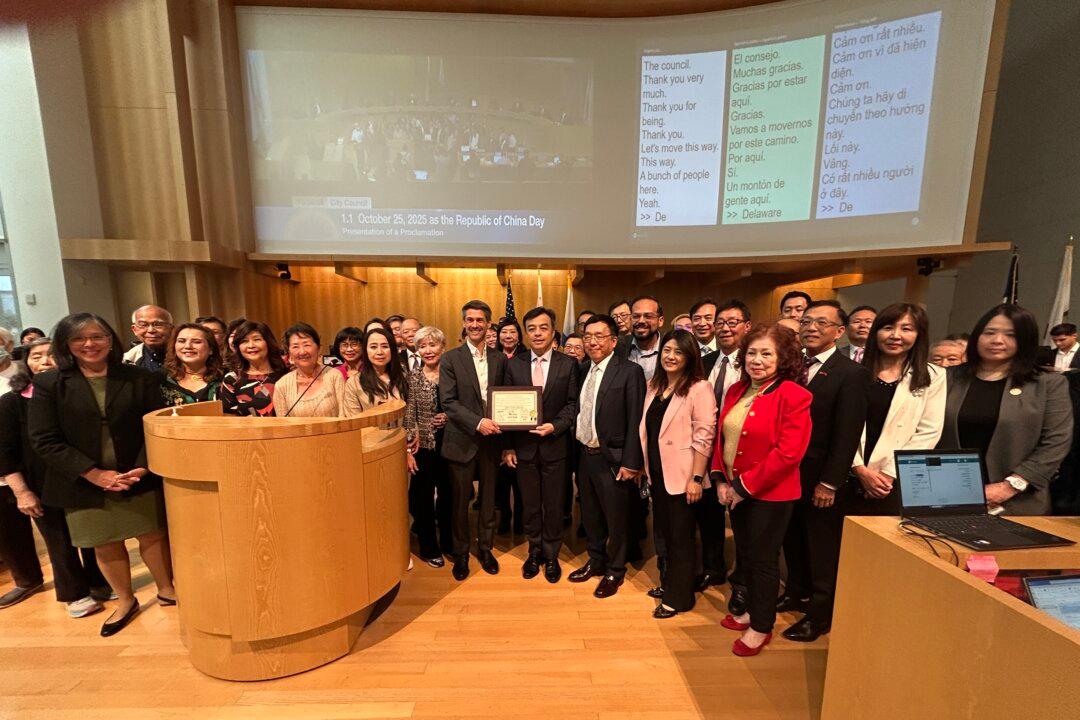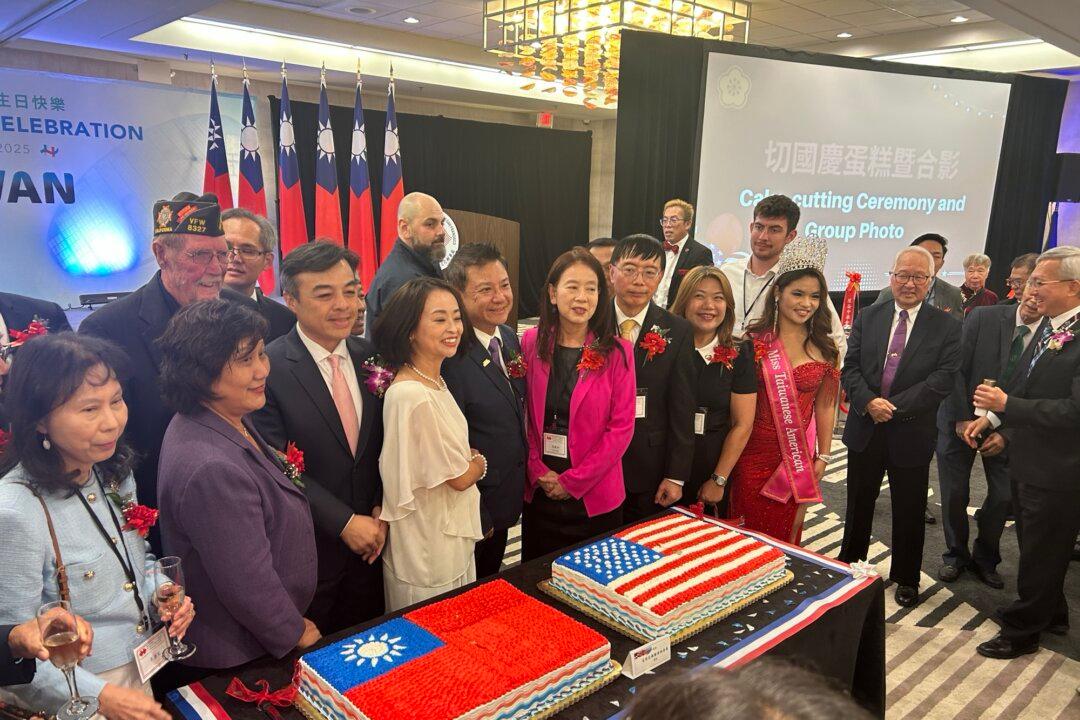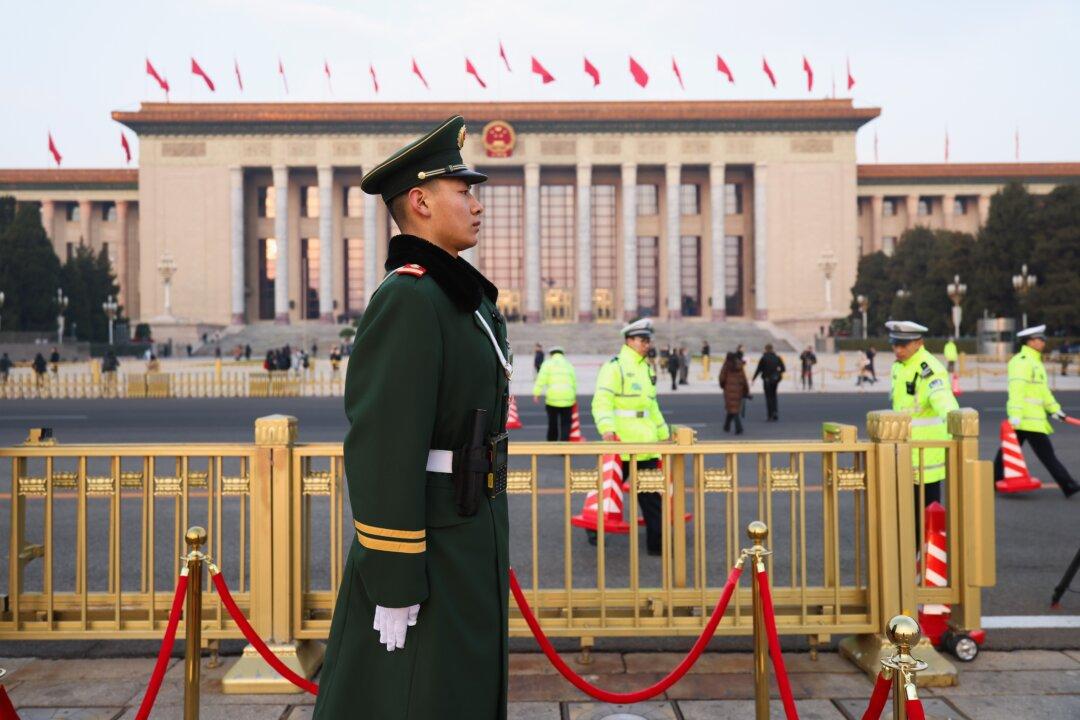SANTA CLARA, Calif.—The mass protests in Hong Kong, which erupted amid widespread fears that a controversial extradition bill would erode the city’s autonomy from mainland China, are having an impact on Taiwan, said acclaimed film director and former head of Taiwan’s Changhua County Cultural Affairs Bureau, Chen Wen-pin on Tuesday, August 13.
Chen’s comments were made at a meetup event organized by Northern California Taiwan Forum (NCTF).
Many Hongkongers fear that the proposal, which would allow China to seek extradition of criminal suspects, would enable the Chinese regime to place individuals on trial in the mainland, where rule of law is not observed.
Though the bill has been suspended due to public pressure, Hongkongers are still turning out every weekend to demand that the government fully withdraw the bill; investigate the police’s use of force in dispersing protesters; and enact universal suffrage in the city’s elections.
Chen presented videos and photographs showing Taiwan’s middle schoolers on the streets showing their support for the protesters in Hong Kong.
The students were shown holding signs that read “Red Power is Making the Attacks,” “Protect Taiwan, Resist China,” “Take Care of Children,” etc. They were also passing fliers on the streets to raise awareness of the protests.
It has been reported that Hong Kong protesters arrested by the police range in age from 13 to 74 years old. Chen said that Taiwanese youth were worried about the future of Taiwan after witnessing the Chinese regime’s power grab in Hong Kong.
Taiwan is quickly approaching its 2020 presidential election, which will be held in January. Arrests of Hong Kong’s youth in the protest have stimulated many Taiwanese to call for independence from China.
In a speech made on Jan. 2, Chinese leader Xi Jinping claimed that “one country, two systems” is the basic strategy to reunify Taiwan with China.
The “one country, two systems” model was a subjugation technique used by the Chinese regime to take control of Hong Kong in 1997 from the British government. The model has been viewed by a majority of people in Taiwan as a failure after Hong Kong’s pro-democracy Umbrella Movement in 2014.
A survey conducted by the Taiwan New Constitution Foundation (TNCF) on Aug. 7 found that 75.8 percent of the participants believe that the “one country, two systems” policy has failed, and 74.4 percent were opposed to Taiwan’s reunification with China.
Historically, Taiwan’s two major political parties have had differing views and policies dealing with Taiwan-China relations. The Democratic Progressive Party (DPP) leans toward the independence of Taiwan, while the Nationalist Party (Kuomintang) favors eventual reunification with China.
Chen said that many Taiwanese feel anxious and threatened by losing their country to the Chinese communist regime across the strait after watching how Hong Kong’s society has changed after it was returned to China.
Since the anti-extradition protests took place in Hong Kong, many pro-reunification politicians in Taiwan have tried to distance themselves from the topic.
While dealing with Hong Kong’s turmoil, the Chinese regime announced in early August that all Chinese movies were forbidden from participating in this year’s Golden Horse Awards, known as “Chinese Oscars,” in Taiwan.
As a film director, Chen said he felt empathy for the people working in the film industry in China. He asserted that the last thing that artists want is to lose their freedom.
According to reports from Taiwan’s media, Lin Yizheng, the CEO of TNCF, criticized China’s decision. Lin said China’s decision was based on the Chinese regime’s concern of its own stability. Lin also observed that China’s policies toward Taiwan’s 2020 presidential election had only one purpose: to defeat Taiwan’s current President Tsai Ing-wen.
Tsai, in contrast to China’s Xi, has been promoting the “Taiwan consensus” ever since 2011, before she was elected.
The consensus in Taiwan is “freedom, democracy, and to refuse the model of one nation with two political systems proposed by China,” said Cathy Li, the coordinator of NCTF.
